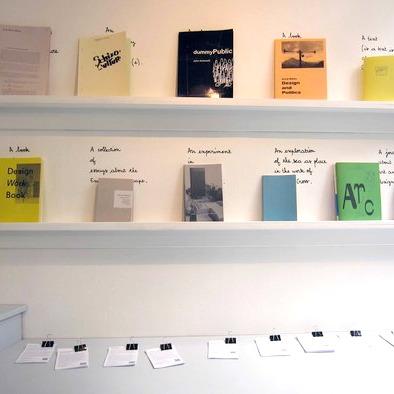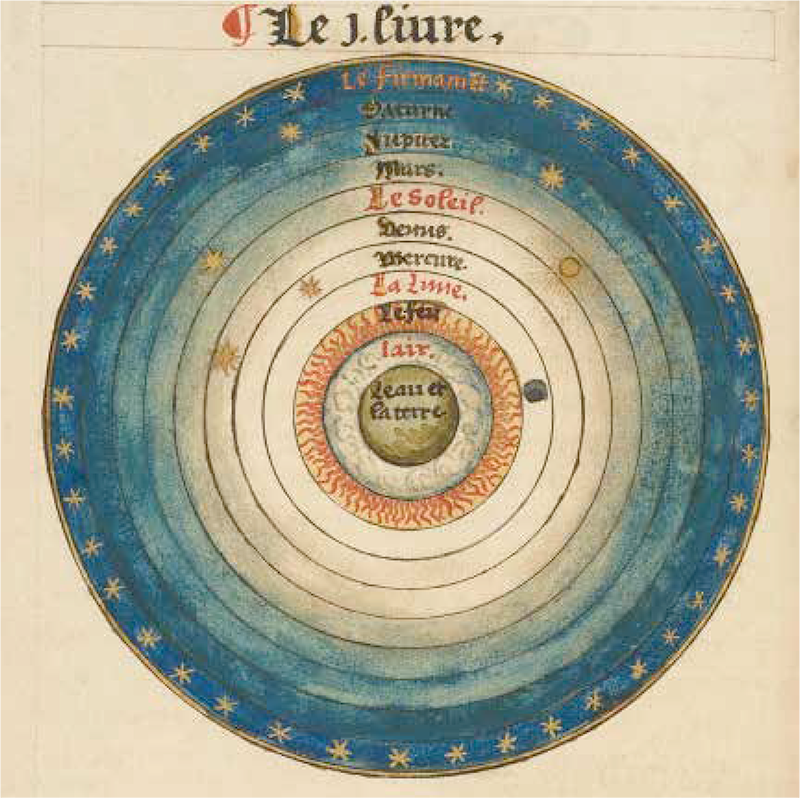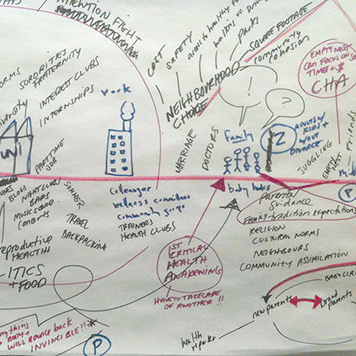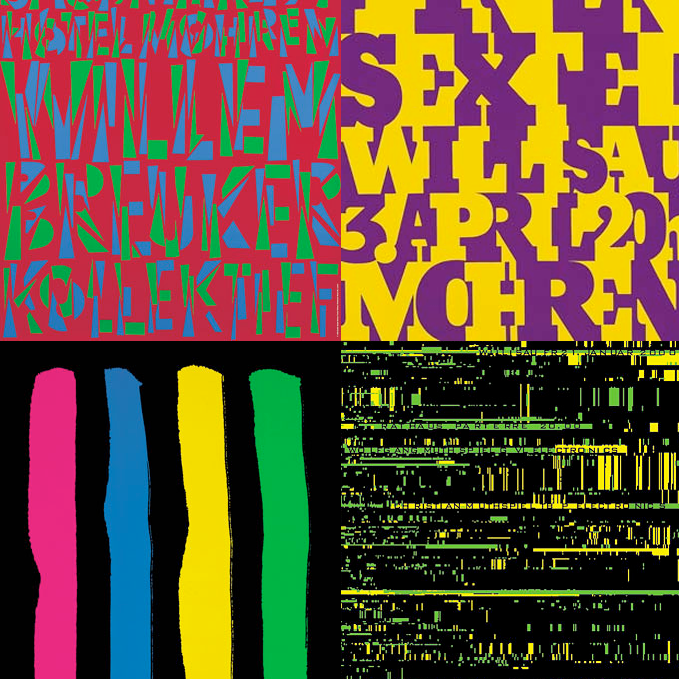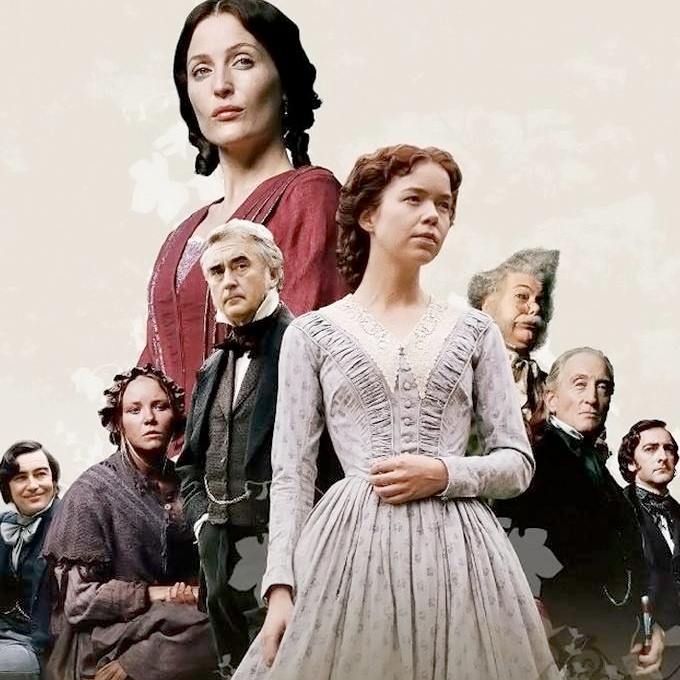
The Editors|Twenty Years of Design Observer
September 22, 2023
Entertainment

The Characters of Bleak House, BBC, 2005. From Charles Dickens and The BBC.
Design is a natural topic for television. And for movies. And for everything in between, especially now that nearly all of these things are delivered across portable screens: transactional, voyeuristic, evocative, provocative, our screens increasingly function as a form of shadow government tethering us to all kinds of narratives that extend our reach, both real and imaginary, functional and fictional. Entertainment can be informative, or speculative, dazzling or raw; steeped in its own language, rooted in its own lineage, funny, silly, dramatic, or, for that matter: typographic! Consider The Fog of War, Academy-Award winning director Errol Morris’s documentary on Robert MacNamara. (Not since Reid Miles designed for Blue Note, writes Michael Bierut, has so much Courier been blown up to such seductive effect.) Seduction aside, perhaps the true value of design in the service of entertainment is that it reminds us of the importance of perspective, and the inevitability of change. Entertainment today constantly emphasizes the message that things are wonderful the way they are, Wim Wenders once observed. But there is another kind, which says that change is possible and necessary.
Observed
View all
Observed
By The Editors

 Design Observer is edited by Michael Bierut and Jessica Helfand, with assistance from Betsy Vardell, Elizabeth Deverereaux, Chappell Ellison and Joanna Radin.
Design Observer is edited by Michael Bierut and Jessica Helfand, with assistance from Betsy Vardell, Elizabeth Deverereaux, Chappell Ellison and Joanna Radin.
